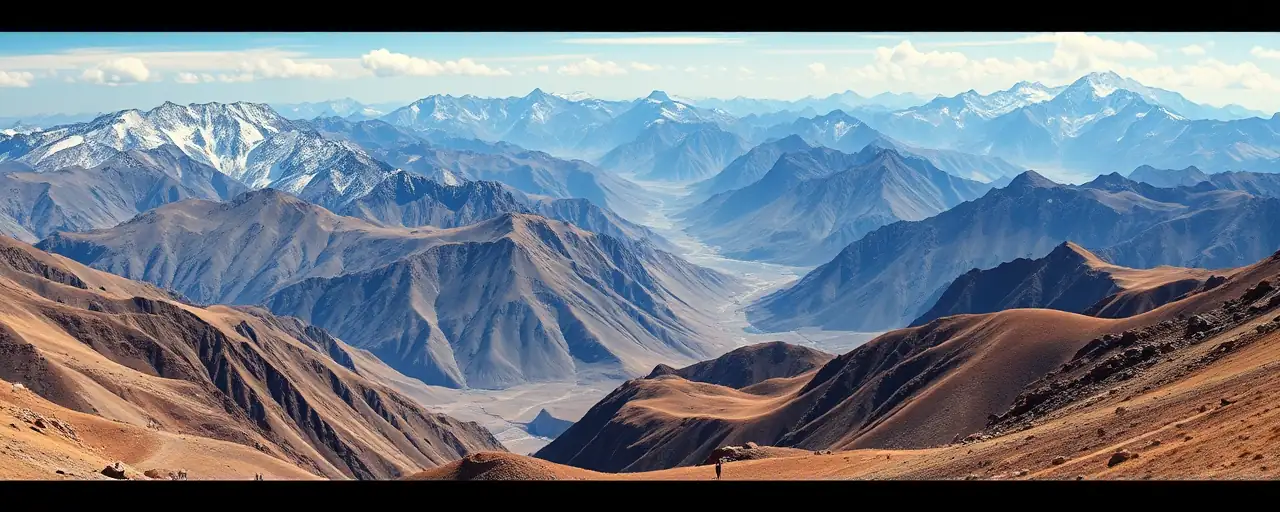A Diplomatic Push in Islamabad
A high-level U.S. delegation, led by Senior Bureau Official Eric Meyer from the Bureau of South and Central Asian Affairs, will land in Islamabad from April 8-10, 2025. The trip centers on the Pakistan Minerals Investment Forum, a platform designed to spotlight the country’s untapped mineral riches. With global demand for resources like copper, lithium, and rare earth elements surging, this visit signals a fresh bid to strengthen economic ties between Washington and Islamabad.
The stakes are tangible. Pakistan sits on vast reserves that could power industries from electronics to renewable energy, yet its mineral sector contributes just 3.2% to its GDP today. For American businesses, the forum offers a chance to tap into a market ripe with potential, while Pakistani officials hope to draw investment that could jolt their economy. Beyond minerals, Meyer’s agenda includes pressing talks on counterterrorism, a reminder that security remains a linchpin in this decades-old partnership.
Untapped Riches Meet Global Ambitions
Pakistan’s mineral landscape spans 600,000 square kilometers, brimming with copper, gold, and rare earths vital for modern tech and defense. Projects like the Reko Diq mine in Balochistan promise billions in revenue over decades, but development has lagged due to regulatory hurdles and patchy infrastructure. The 2025 forum aims to change that, pitching sustainable mining and streamlined rules to lure global players. For the U.S., securing access to these resources aligns with efforts to diversify supply chains away from China’s dominance.
Analysts see this as more than a business deal. With the Trump administration eyeing China’s sway in South Asia, investing in Pakistan’s minerals could shift regional power balances. Yet, challenges loom. High tariffs - 58% on Pakistani exports to the U.S. and 29% on U.S. goods to Pakistan - have already dented trade, especially Pakistan’s textile sector. Some experts argue that economic diplomacy here could ease those strains, while others warn that geopolitical tensions might muddy the waters.
Security Talks Amid Shifting Priorities
Counterterrorism sits alongside minerals on Meyer’s agenda, reflecting a bond forged after the 2001 attacks. Back then, Pakistan’s alignment with U.S. efforts netted billions in aid and a Major Non-NATO Ally tag by 2004. Joint wins followed, like nabbing Khalid Sheikh Mohammed, but trust frayed over drone strikes and differing foes. Today, Pakistan targets groups like Tehreek-e-Taliban Pakistan, while the U.S. zeros in on the Islamic State-Khorasan’s global reach, as seen in the recent arrest of IS-K’s Mohammad Sharifullah near Afghanistan.
Cooperation persists, though it’s narrower now. A seven-year freeze on most U.S. security aid has curbed deeper ties, and the 2021 Afghanistan pullout left lingering distrust. Still, intelligence sharing and targeted operations keep the dialogue alive. Pakistani officials view U.S. support as key to stabilizing their borderlands, while Washington sees Islamabad’s role as critical to choking off extremist networks. Both sides know the stakes - a single misstep could unravel years of fragile progress.
A Balancing Act for the Future
This visit weaves together economics and security, echoing decades of U.S.-Pakistan ties that have swung from Cold War alliances to post-9/11 aid flows. Historically, forums like the Pakistan-US Joint Economic Forum have paved the way for such talks, fostering deals despite tariff spats and geopolitical rifts. For Pakistan, landing U.S. investment could cut its reliance on China, a tightrope act given Beijing’s regional heft. American firms, meanwhile, gain a foothold in a market poised for growth.
The road ahead hinges on execution. If Pakistan can harmonize its mining laws and infrastructure, the payoff could reshape its economy and ripple across South Asia. On security, aligning priorities remains tricky, but small wins - like joint operations - offer hope. As Meyer meets Pakistani leaders, the world watches whether this trip sparks a lasting shift or just another chapter in a complex, storied relationship.
